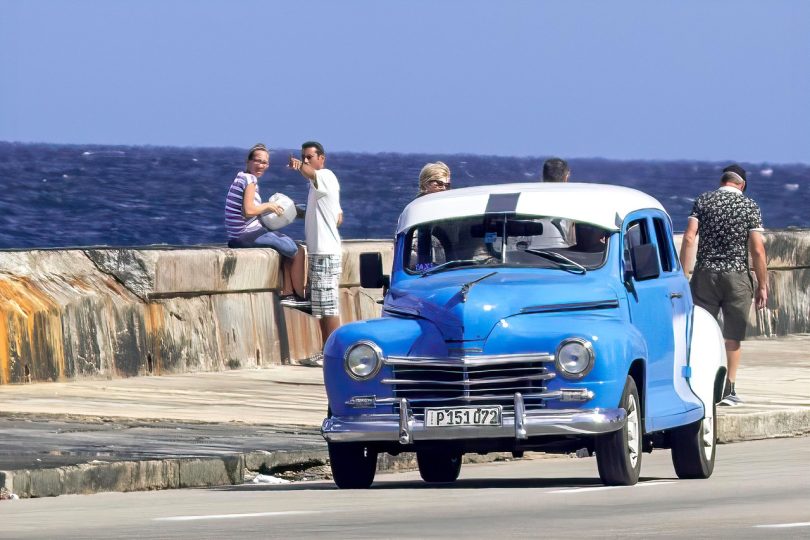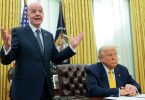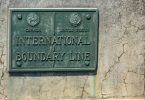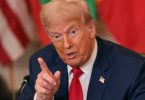Starting this week, Americans caught traveling to Cuba for tourism could face fines of up to $250,000, part of a sweeping crackdown by the Trump administration on U.S.-Cuba relations.
On July 1, 2025, President Trump signed an executive order tightening restrictions on Cuba travel and trade. While tourism to Cuba has technically been restricted since the 1960s, enforcement was lax under previous administrations, including the first Trump Administration. That changes now…at least on paper.
According to a White House fact sheet, the administration’s updated Cuba policy will:
- Enforce the statutory ban on U.S. tourism to Cuba
- Block business transactions with entities linked to the Cuban military or intelligence services
- Impose stricter penalties for unauthorized travel
- Discourage foreign investment in Cuban state-run enterprises
- Expand support for Cuban civil society, including access to uncensored internet and independent media
The Trump administration frames these changes as part of a broader campaign to support human rights and “promote a free and democratic Cuba.”
But critics, including many economists and humanitarian organizations, say the policy will do little to harm the Cuban government and far more to harm the Cuban people, who rely on tourism dollars to survive.
Tourism to Cuba is already down nearly 30% this year, even before the new penalties were announced. Cuba’s Foreign Minister called the U.S. policy a “criminal act,” warning that it will deepen the island’s economic crisis and further isolate families.
What Does This Mean for Travelers?
If you’re thinking about a beach getaway in Havana or a cultural tour through the island, you may want to think twice. The new policy effectively shuts the door on Americans engaging in any form of “recreational” travel to Cuba. Only tightly defined categories of travel (such as journalism, academic research, humanitarian projects, and family visits) remain allowed.
Even those trips may face increased scrutiny.
The penalties are steep: up to $250,000 in civil fines, along with potential criminal prosecution for violations. The Treasury Department’s Office of Foreign Assets Control (OFAC) is expected to begin active enforcement this summer, with spot audits, record requests, and crackdowns on third-party booking sites.
It’s also worth noting that under the new rules, U.S. travelers are prohibited from doing business with dozens of hotels, transportation companies, and retail chains controlled by the Cuban military, which, in practice, means avoiding most of the major tourism infrastructure in the country.
CONCLUSION
The message from the Trump administration is clear: travel to Cuba is once again off-limits for most Americans.
Whether this is a principled foreign policy shift or just red meat for the political base is unclear. But what’s certain is that Americans who ignore the new rules could face devastating fines, and ordinary Cubans who depend on visitors will bear the brunt of the economic fallout.
There goes my IL-96 trip…
Bold leadership, or a throwback to failed Cold War policy?










